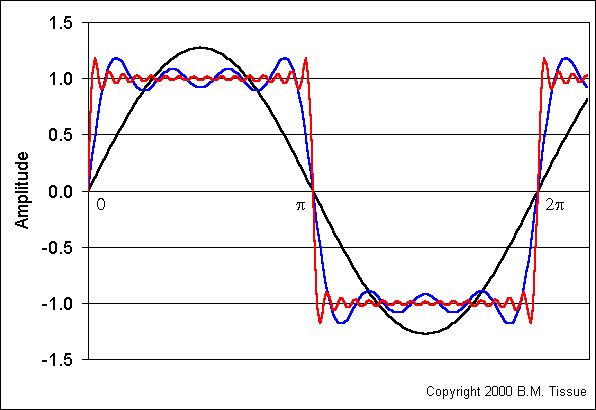
Fourier [foo r-ee-ey, -ee-er; for 1, 2 also French foo ryey] Examples noun
- Fran·çois Ma·rie Charles [frahn-swa ma-ree sharl] /frɑ̃ˈswa maˈri ʃarl/, 1772–1837, French socialist, writer, and reformer.
- Jean Bap·tiste Jo·seph [zhahn ba-teest zhaw-zef] /ʒɑ̃ baˈtist ʒɔˈzɛf/, 1768–1830, French mathematician and physicist.
- a crater in the third quadrant of the face of the moon: about 36 miles (58 km) in diameter.
Examples from the Web for fourier Historical Examples of fourier
Fourier, we also know, applied the principle of evolution to society.
John Spargo
He said that Fourier learned of him all the truth that he had.
John Spargo
What Fourier’s afternoon visit has to do with Mme. d’Agen’s journey?
Emmuska Orczy, Baroness Orczy
Fourier rings the changes on this theme till he exhausts all its combinations.
Harmonies of Political Economy
Frdric Bastiat
The palingenesis of Leroux or Fourier removes the radical injustice.
J. B. Bury
British Dictionary definitions for fourier Fourier noun
- (François Marie) Charles (ʃarl). 1772–1837, French social reformer: propounded a system of cooperatives known as Fourierism, esp in his work Le Nouveau monde industriel (1829–30)
- Jean Baptiste Joseph (ʒɑ̃ batist ʒozɛf). 1768–1830, French mathematician, Egyptologist, and administrator, noted particularly for his research on the theory of heat and the method of analysis named after him
fourier in Science Fourier [fur′ē-ā′, fōō-ryā′]Baron Jean Baptiste Joseph 1768-1830
- French mathematician and physicist who introduced the expansion of periodic functions in the trigonometric series that is now named for him. He also studied the conduction of heat in solid bodies.
 Liberal Dictionary English Dictionary
Liberal Dictionary English Dictionary